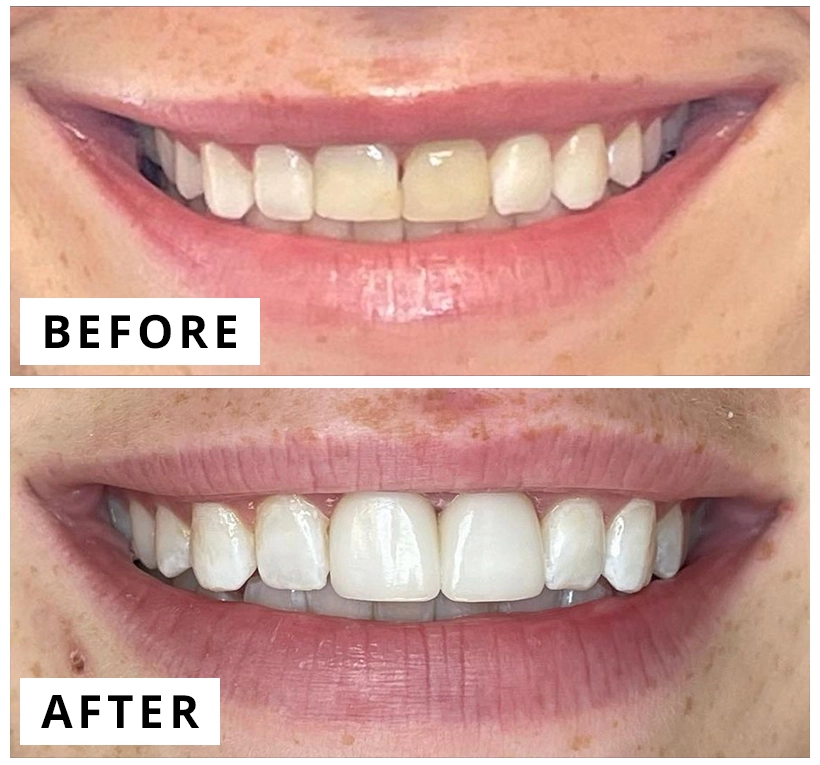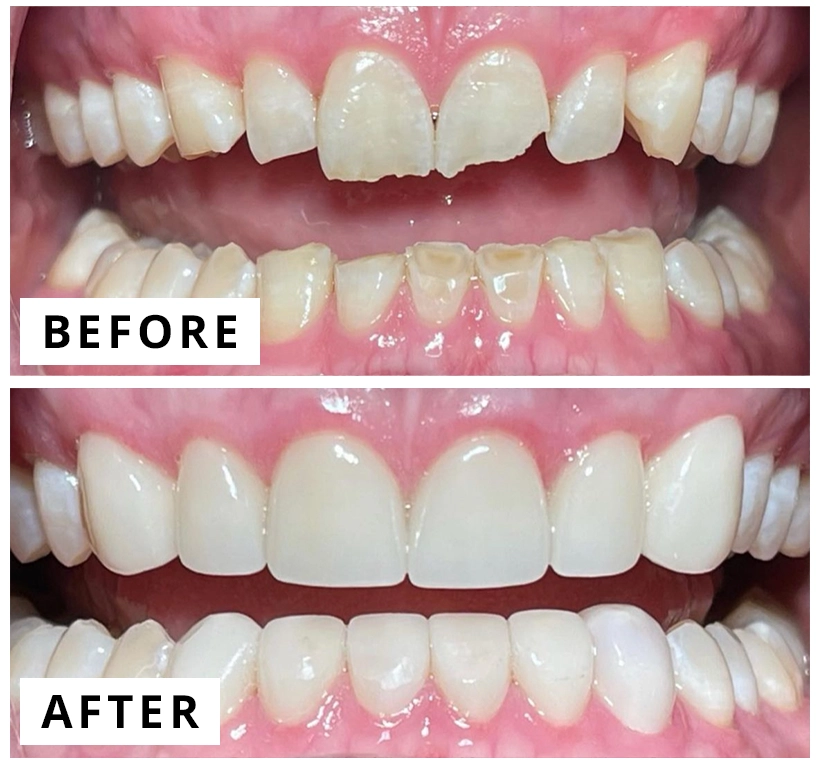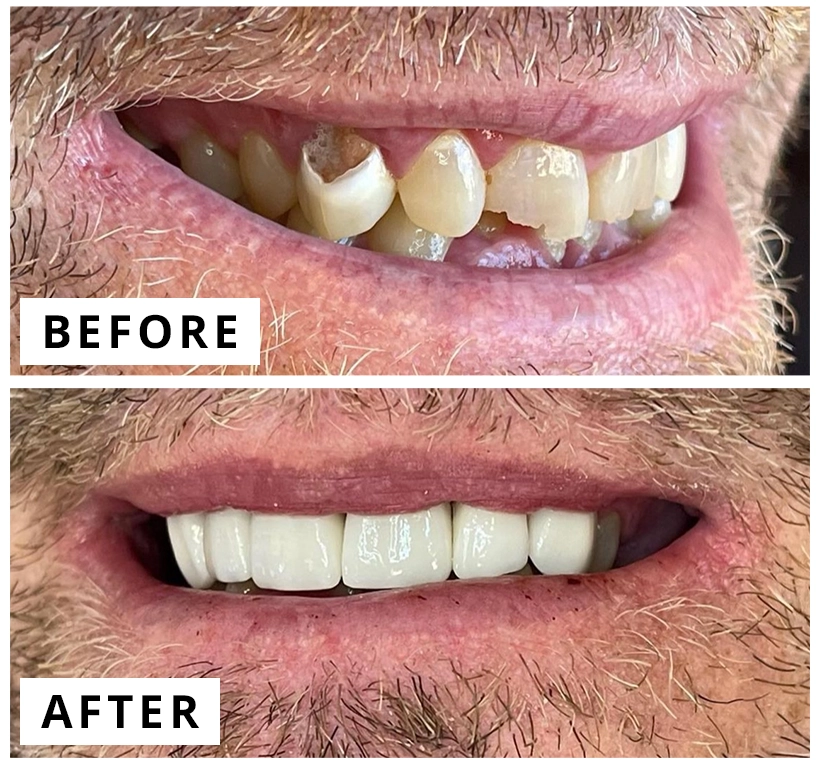Welcome to Spanish Fork
1284 No. Canyon Creek Pkwy, Suite 1
Spanish Fork, UT 84660
We offer all your dental needs under one roof, including dental implants, crowns, wisdom teeth removal, full-mouth implants,
teeth whitening, sedation dentistry, and more!
Our other locations in Utah:
We offer all your dental needs under one roof, including dental implants, crowns, wisdom teeth removal, full-mouth implants, teeth whitening, sedation dentistry, and more!


A fresh approach to modern dentistry
Our office offers a complimentary consultation for dental implants, cosmetic dentistry, dental crowns, veneers, and other smile makeover options. You can also request an appointment for your regular cleaning, X-rays, and exams.
Contact us and we will attempt to schedule an appointment at a time most convenient with your schedule and then we will notify you of the date and time. If we cannot schedule an appointment that works with your schedule, we will let you know and will work with you to find a time that does work.

Schedule an Appointment in Spanish Fork Dentistry
Contact us via the appointment request form below or call us at 801-405-9301
You’ll feel right at home at Spanish Fork Dentistry
Relax in our waiting room (including a creative children’s area). Our dental chairs help you relax and get the quality care you deserve. With 3D imaging, you get safer, more reliable diagnostics with less radiation.
A routine office visit includes:

4,9-star rating with over 2000 reviews on Google
What they say about us:
before/after photos



We see entire families in as little as one hour!
